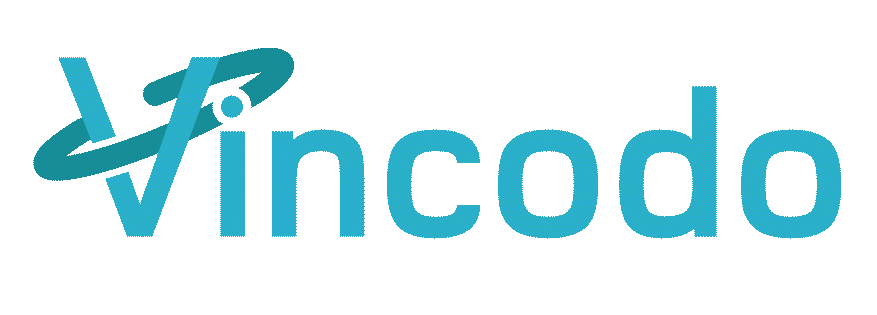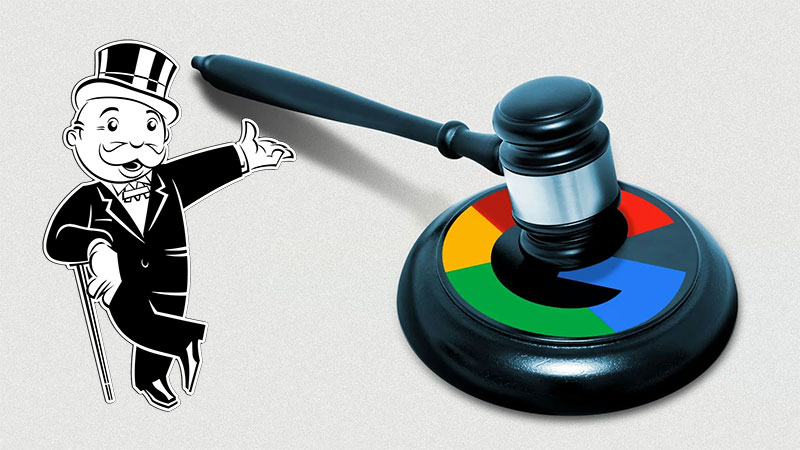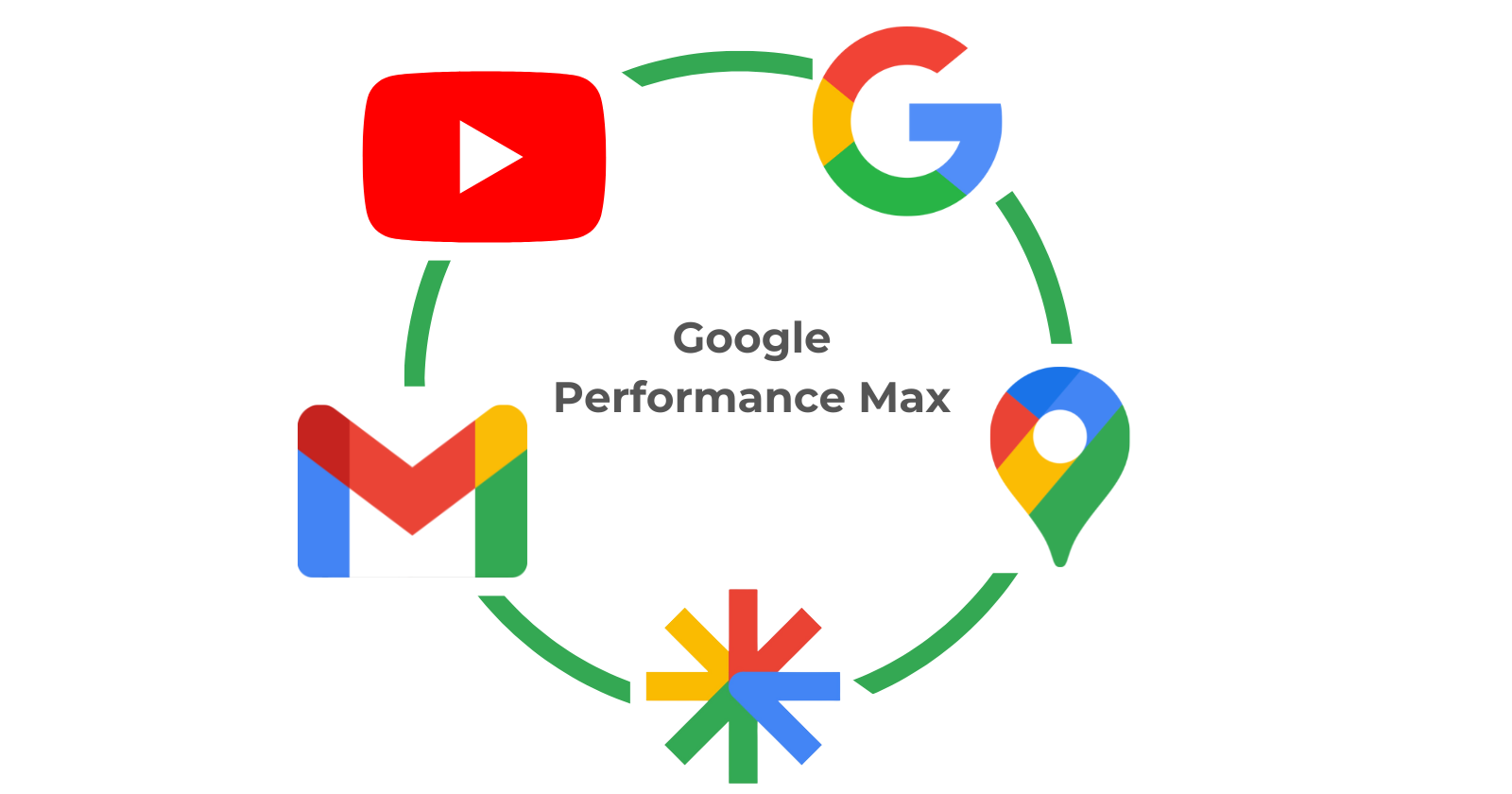News hit earlier this week that a federal judge ruled that Google violated U.S. antitrust laws by creating an illegal monopoly in its efforts to become the world’s default search engine. This ruling sets the stage for a second trial which will determine penalties for these illegal activities and remedy fixes that could include the elimination of revenue sharing fees with third parties as well as the potential breakup of Google’s parent company Alphabet. This case is the first of numerous lawsuits filings made against Big Tech alleging monopolistic behavior that will be playing out in courts around the nation in coming months.
What Are Some Of The Ruling’s Most Significant Findings?
Federal Judge Amit Mehta granularly detailed in his 286 page ruling various actions taken by Google and its associated partners, in many cases unveiling their own internal email communications and courtroom testimony as evidence of monopolistic behavior. The most drilling assertion made in the ruling, with reference to Microsoft’s past antitrust lawsuits related to Windows, is found on Page 155 where Mehta states “The fact that Google makes product changes without concern that its users might go elsewhere is something only a firm with monopoly power could do”.
Notable highlights from the ruling:
- Google made “revenue sharing” payments in 2021 totaling more than $26B to its partners as consideration for the exclusive arrangement to be the default search engine on those devices. This arrangement represents nearly 20% of Google’s search engine revenues
- Google employees estimated, in 2020, that for Apple to effectively compete against them equally, it would cost them $20B in capital expenditures to get off the ground and another $4B in annual infrastructure costs. Apple’s internal documents and testimony show that they estimated that it would cost them $6B annually to effectively compete, a cost that would represent 35% of Apple’s current total R&D expenditures.
- Apple user data details that iOS users are uninterested in downloading the Google Search App and that user execute 90% of their searches on the Safari browser app. A significantly different user behavior as compared to Android users.
- Google’s revenue share payment in 2022 made to Apple was estimated at $20B and is the equivalent of 17.5% of Apple’s operating profit.
- Apple’s SVP Eddy Cue testified during the trial that “there’s no price that Microsoft could ever offer” to Apple to make Bing the default on Safari given its SERP quality. Later in the opinion Mehta notes that Bing search quality is comparable to Google on desktop, but slightly behind in the mobile experience.
What Does This All Mean To Advertisers?
First and foremost, it means a significant change is coming to the Generalized Search Engine space in some form or fashion within the next 18 to 24 months as legal proceedings play out. The evidence within the case is pretty straightforward and hard to defend. To put in the most layman’s terms, Advertisers are taking a 20% upcharge on a cost per click billed by Google that then gets transferred over to Apple for basically making the decision to not work with Microsoft or build its own competitive search offering. This arrangement doesn’t benefit Advertisers, nor does it benefit consumers in the long-term as increased marketing costs get passed on to the consumer in the form of product and service price increases.
What Steps Should Advertisers Be Taking?
Very simple, if all your eggs have been placed in the Google basket, it’s time to start diversifying your marketing mix sooner rather than later. As detailed in the ruling, Amazon and Yelp have made significant inroads into Google’s search query dominance in the product shopping and local search categories. Bing has also made significant inroads in general search query activity, swiping 1% market share from Google in the most recent fiscal year as its AI development and capabilities have steamed past Google’s with significant user satisfaction creating user loyalty stickiness. Lastly, Google’s internal research concluded that 63% of Gen-Z participants in the study utilize TikTok as a search engine and their behavior will reshape where users go to source information in the future.
Advertisers are recommended strongly to consider revamps to their current marketing mix, testing out new media channels to offset what will likely be a loss in market share dominance held by Google that will leak out to various media providers over the next two years as the anti-trust proceedings play out.





